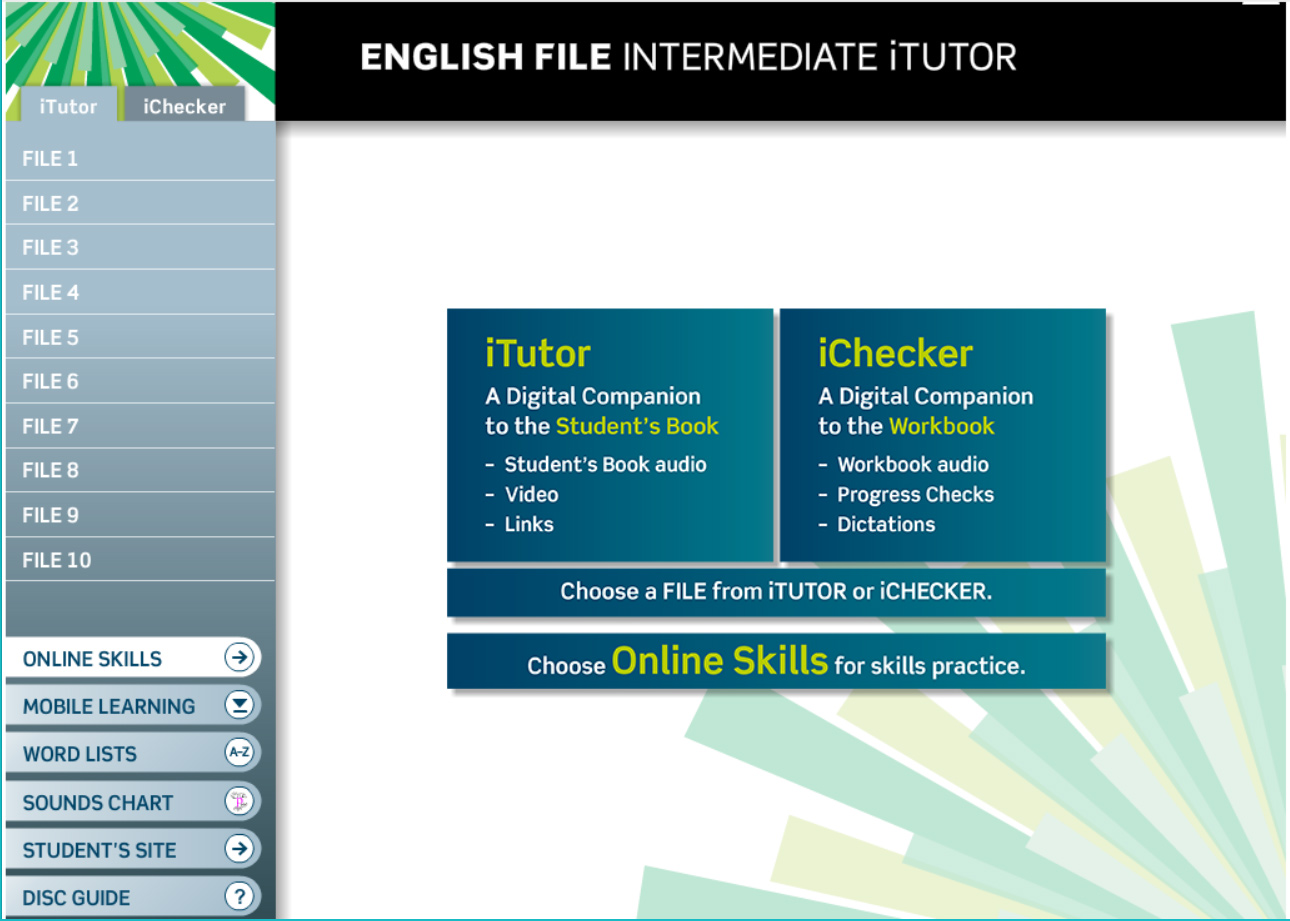
Reported speech : sentences and questions
| I like travelling. → She said that she liked travelling.
I’m leaving tomorrow. → He told her that he was leaving the next day. I’ll always love you. → He said that he would always love me. I passed the exam. → She told me that she had passed the exam. I’ve forgotten my keys. → He said that he had forgotten his keys. I can’t come. → She said that she couldn’t come. I may be late. → He said that he might be late. I must go. → She said that she had to go. |
- When the reporting verb is in the past tense,the tenses in the sentence which is being reported usually change like this:
present > past
will > would
past simple / present perfect > past perfect - Some modal verbs change, e.g can > could, may > might, must > had to.
Other modal verbs stay the same, e.g. could, might, should, etc. - You usually have to change the pronouns, e.g.
‘I like Jazz.’ → Jane said that She liked Jazz. - Using that after said and told is optional.
- If you reported what someone said on a different day or in a different place, some other time and place words can change,
e.g. tomorrow > the next day, here > there, this > that, etc.
I’ll meet you here tomorrow. → ’He said He’d meet me there the next day.
| SAY and TELL Be careful – after said don’t use a person or an object pronoun: He said he was tired. NOT After told you must use a person or pronoun: Sarah told Cally that she would call her. NOT |
Reported questions
| ‘Are you married?’ → She asked him if he was married.
‘Did she phone?’ → He asked me whether she had phoned. ‘What‘s your name?’ → I asked him what his name was. ‘Where do you live?’ → They asked me where I lived. |
- When you report a question the tense change as in reported statements.
- When a question doesn’t begin with a question word, add if(or whether).
‘Do you want a drink?’ He asked me if /whether I wanted a drink. - You also have to change the word order to subject + verb,and not use do/did.
quoted from Oxford English file Intermidiate MultiPack




